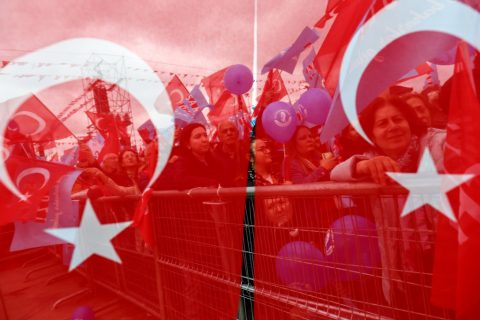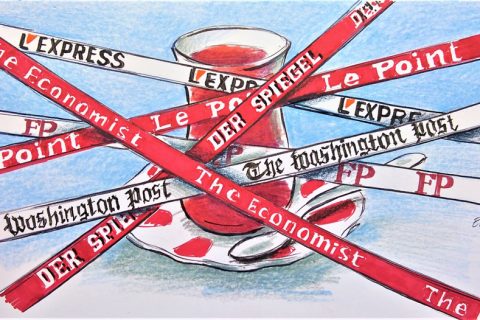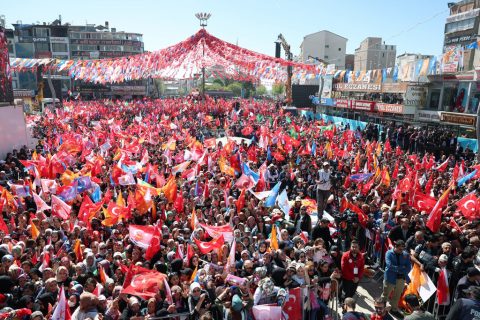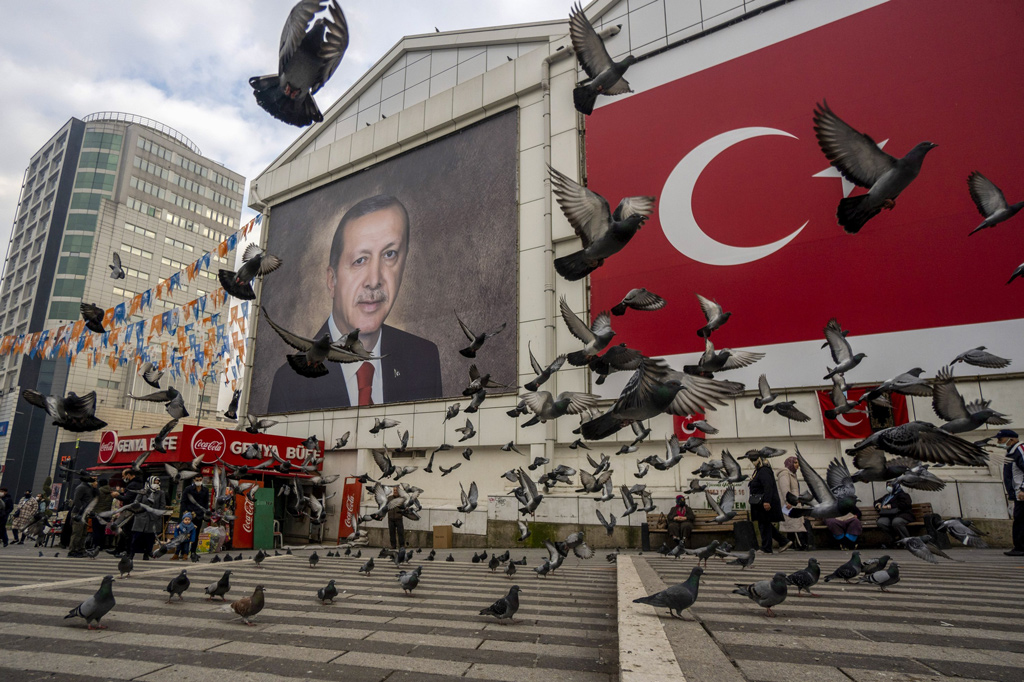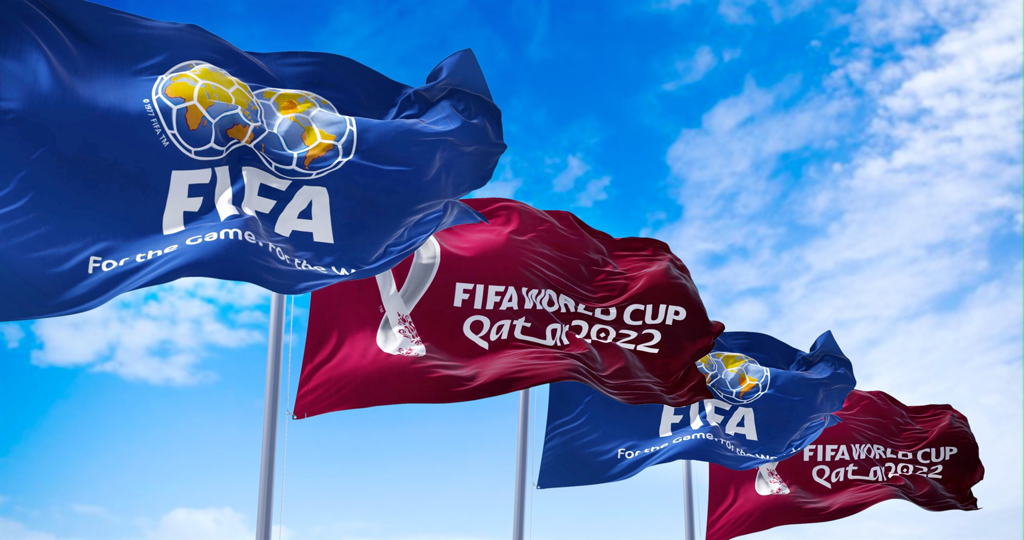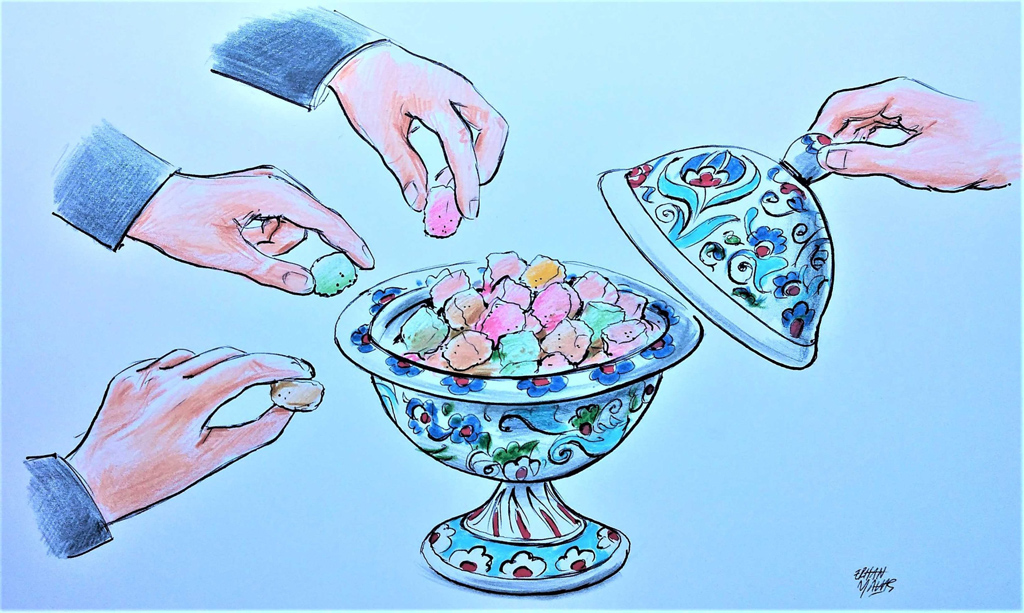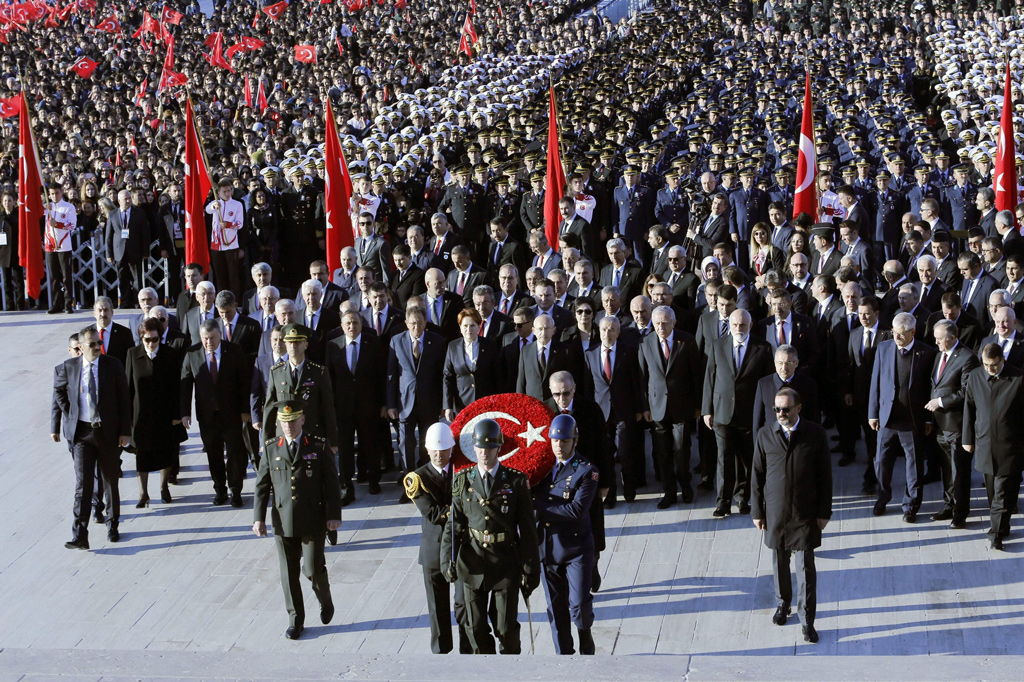Western Media
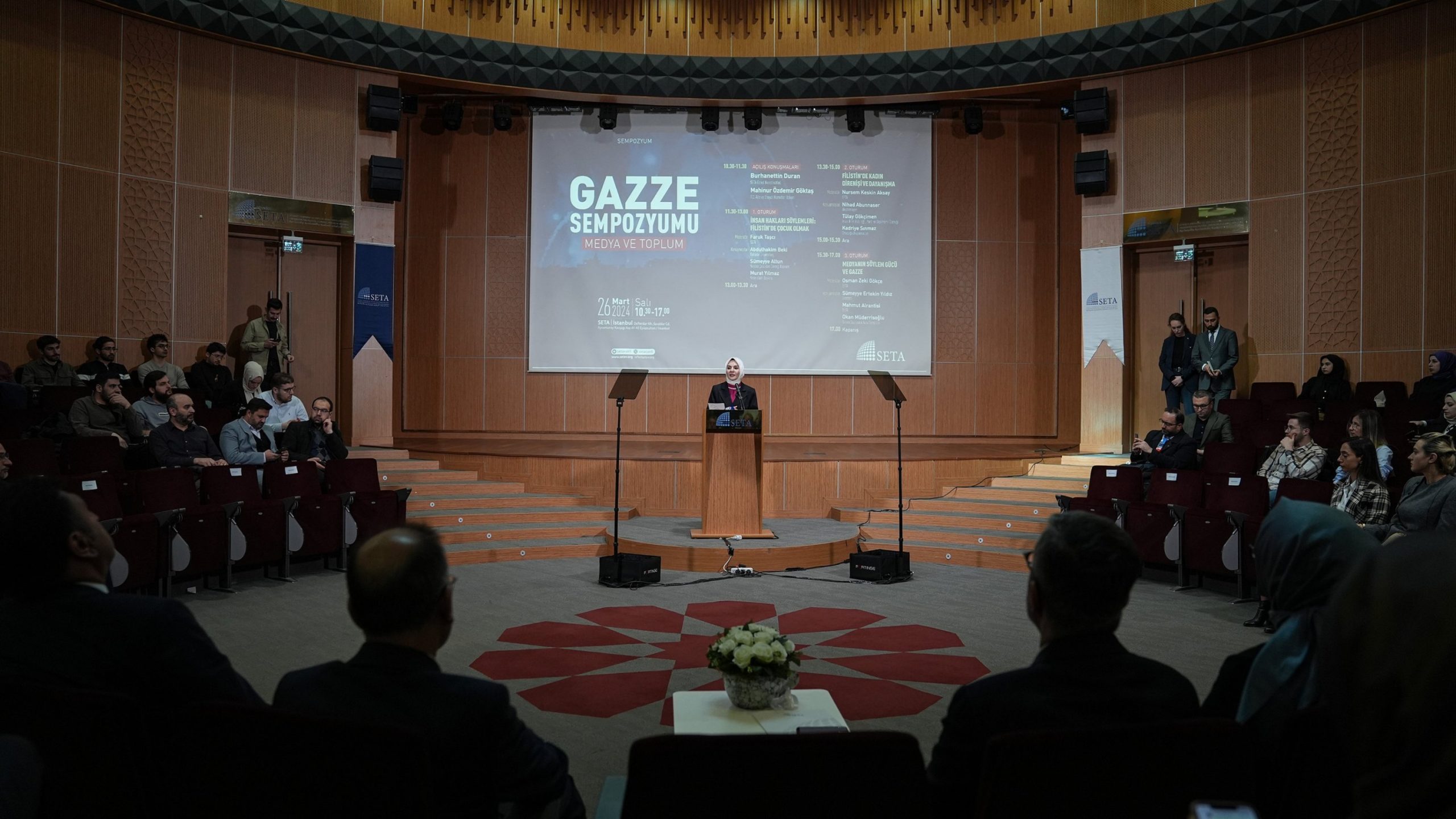
SETA symposium in Istanbul highlights Gaza crisis
| NewsThe Foundation for Political, Economic and Social Research (SETA) hosted the “Gaza Symposium: Media and …
-
Opinion
Western manipulations in Turkish electoral arena
By Muhittin AtamanTürkiye will hold both presidential and parliamentarian elections on Sunday. It is generally being shared that Türkiye is at a crossroads. All internal and external observers consider the elections as the most important elections in the whole world. That is, it is not only vital for the Turkish people but also important for the region and even for the world. The results of the Turkish elections will have significant implications for both national and international politics. Today, I want to take some notes on the Western perceptions of the coming elections.
-
Opinion
It’s time to challenge the Western media narrative on Türkiye
By Burhanettin DuranThe Western media doubling down on its anti-Erdoğan campaign in the home stretch is hardly surprising. In addition to The Economist, which went well beyond endorsing the opposition candidate in Türkiye’s presidential race, publications like Foreign Policy, Le Point, L’Express, Der Spiegel and The Washington Post have been notably involved in the Turkish elections.
-
Opinion
Let ballot speak: Western media meddling Turkish vote as end looms
By Burhanettin DuranWith Türkiye entering the final week of the 2023 election campaign, rhetorical battles have notably escalated. It would be wrong to reduce that development to peak polarization because what observers have called this year’s most important election remains critically important for the country’s future.
Bu Konuda Daha Fazla
-
Western media’s Türkiye coverage in focus as elections loom
By Burhanettin DuranAhead of the May 2023 elections in Türkiye, the Western media launched a campaign to “unite the opposition to get rid of President Recep Tayyip Erdoğan.” In recent months, anti-Turkish and anti-Erdoğan articles have appeared more and more frequently in United States and European publications.
-
World Cup 2022: Massive hypocrisy of the West toward...
By Muhittin AtamanWestern media outlets and politicians have been trying to discredit Qatar through biased and fabricated claims
-
Clues to comprehend Turkish foreign policy
By Burhanettin DuranThe Russian invasion of Ukraine continues to reshape the international balance of power. In this new era, Türkiye distinguishes itself thanks to its diplomatic activity. Indeed, the country has been so important that the Western media, which constantly refer to President Recep Tayyip Erdoğan as “the sultan,” cannot help but concede that cooperation with Türkiye is absolutely necessary. Surely enough, all eyes turned to Erdoğan when the world needed a broker between Russia and Ukraine, someone needed to create a "grain corridor" in the Black Sea and when Sweden and Finland applied for NATO membership.
-
2 existential questions for Turkey: Stance of Erdoğan and...
By Burhanettin DuranWestern media’s opposition to President Recep Tayyip Erdoğan is possibly the world’s worst kept secret. Western commentators immediately jump to conclusions about the supposedly expansionist goals of Erdoğan’s Turkey whenever Ankara launches a fresh foreign policy initiative. Experts in Washington, Paris, Athens, Abu Dhabi and elsewhere make the same arguments in an attempt to contain Turkey’s influence to an unbearable extent. At the heart of those comments lies the claim that the Turkish president has isolated his country in the international arena, which will lead the nation to a disaster and that the Turkish people deserve better.
-
Europe, US unable to grasp Syrian refugee crisis in...
By Yusuf ÖzkırSince the outbreak of the Syrian civil war in 2011, Turkey has faced the gravest problems in the region regarding security, economics and refugees. That picture has not changed. At every turn, a new wave of issues knocks on Turkey’s door. That Europe and the U.S. have not taken initiatives required for a political transition in Syria is a major factor in this. Another leading cause is Russia’s desire to solve the crisis through military force. From the outset, Russia has deployed a course of destruction called the 'Grozny model." It is a policy consisting of three stages: besiege, destroy and rule. Russia has implemented this formula in many areas, particularly in Aleppo, which has wreaked extensive destruction and killed thousands of civilians.
